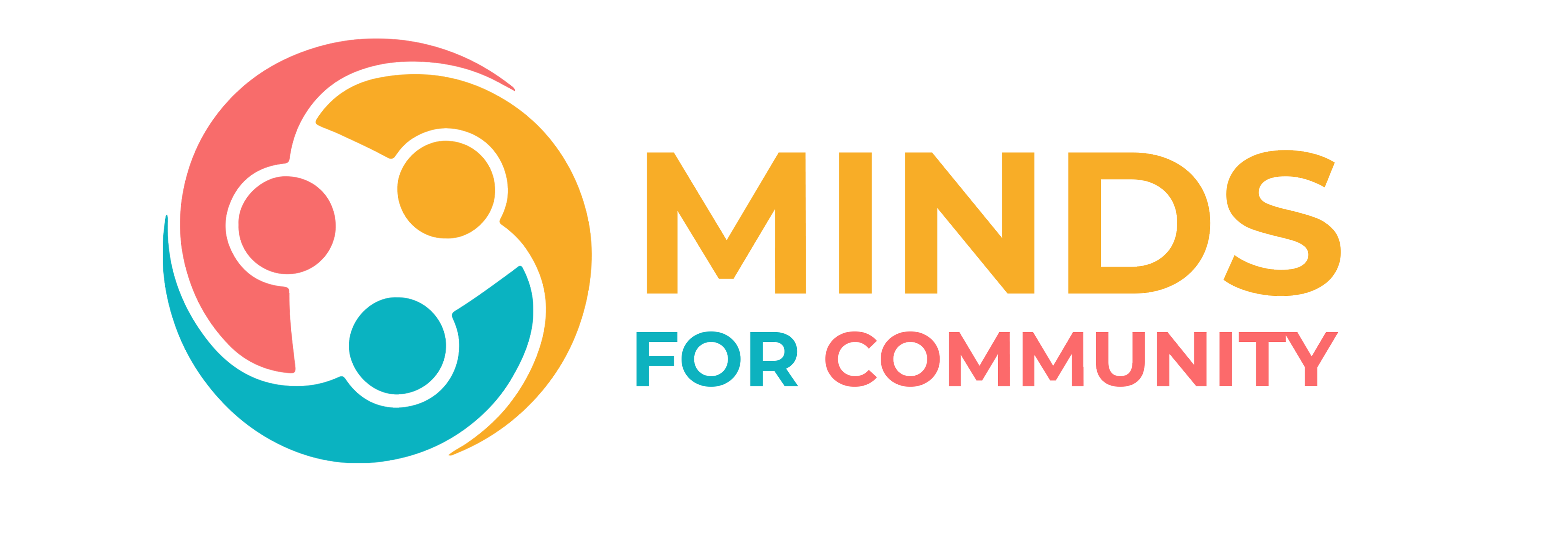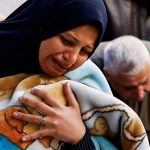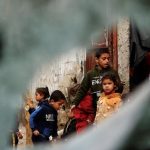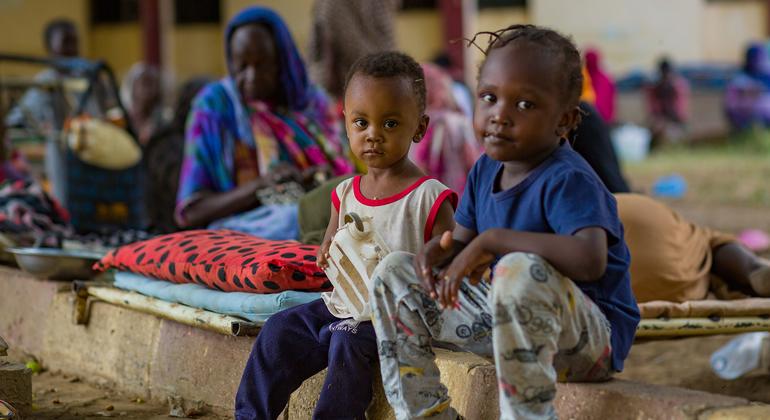Dr. Tedros Ghebreyesus, Director-General of the World Health Organization, stressed that the time has come to silence the guns in Sudan and strengthen the voices of peace, and called for a ceasefire and a comprehensive peace process.
In a press conference in Geneva, Dr. Tedros pointed out that the ongoing fighting in Sudan for more than a year has led to a humanitarian catastrophe with more than 15,000 people killed, 33,000 injured, and nearly 9 million people displaced – half of them children – and 15 million people in need. To urgent humanitarian health aid.
He said that more than 70% of hospitals are in states affected by the conflict, and nearly half of the health facilities in the rest of the country are not functioning. The hospitals that are functioning are crowded with people seeking care, many of whom are internally displaced.
Dr. Tedros warned of continued attacks on health facilities, ambulances, health workers and patients, depriving entire communities of basic health services.
“Just last week, two of our colleagues from the International Committee of the Red Cross were killed in South Darfur,” he said. “The conflict has led to a devastating deterioration in food security, with more than a third of the population facing acute hunger, and there is a risk of famine in Darfur and Khartoum.”
The priority of the World Health Organization, according to its Director-General, is to ensure the continuity of health services to prevent and respond to disease outbreaks, and to provide care to those who need it most, including pregnant and breastfeeding women and children under the age of five.
He noted that access to the most vulnerable groups remains severely restricted. He stressed the need for all parties to the conflict to ensure unimpeded access to humanitarian aid to those in need, including through cross-border routes.
In neighboring Chad, the UN official pointed to the announcement of an outbreak of hepatitis E, with more than 2,000 cases and 7 deaths recorded, most of them among Sudanese refugees who flocked to Chad. The World Health Organization has dispatched a team to support the response there.







